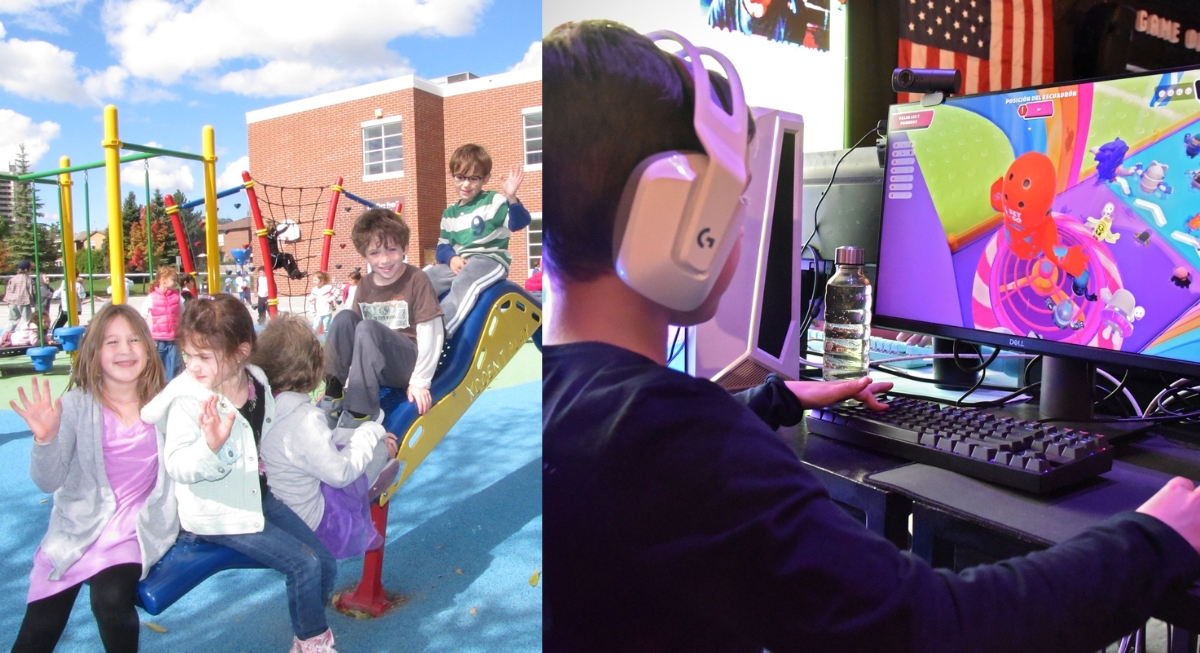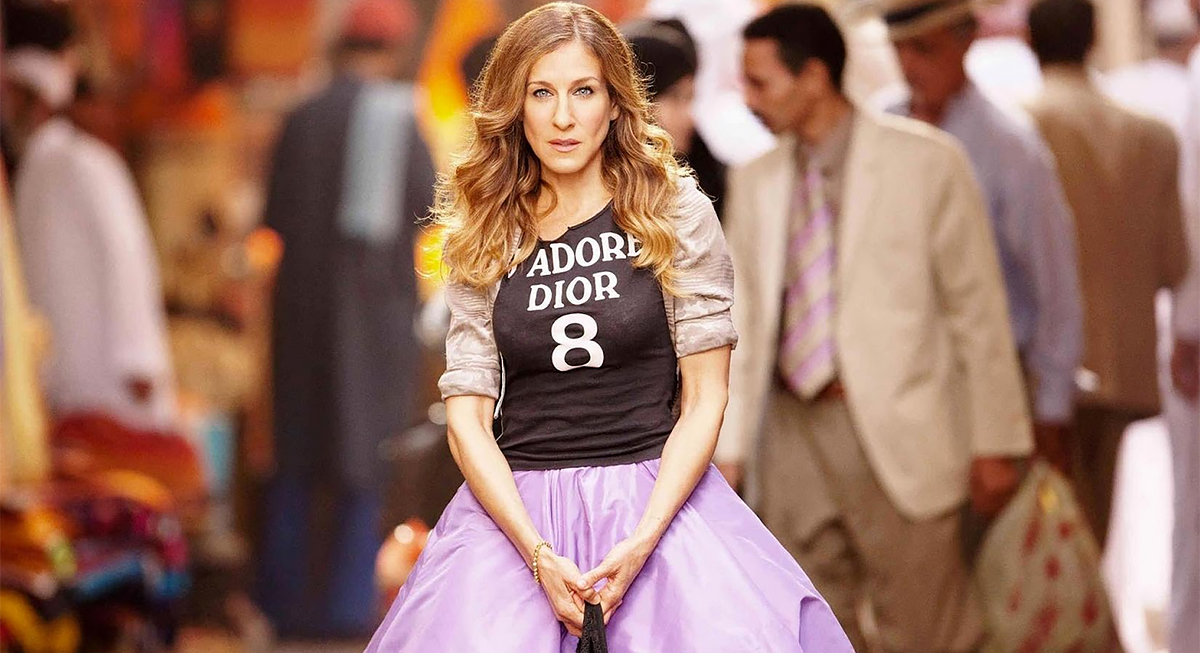Plenty of modern habits seem totally normal—until you actually pause to think about them. Culture evolves quickly, but what’s common isn’t always logical or kind. Here are things that seem completely routine today but could confuse or alarm future generations.
Linking Healthcare to Employment
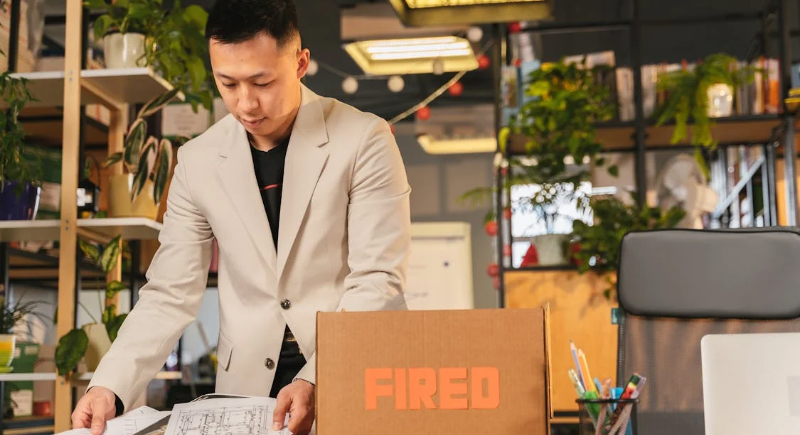
Credit: pexels
In the U.S., losing a job often means losing access to medical care. This setup seems efficient on paper, but creates severe instability in real life. If a person gets sick, their job might be at risk, along with the insurance they need to recover.
Tipping Instead of Fair Wages

Credit: iStockphoto
The customer, not the employer, is expected to make up the difference in a server’s income through tipping. That means income depends not on skill or effort but on the mood of strangers. Even with bad service, tipping is expected to be the default custom.
Glamourizing Sleep Deprivation
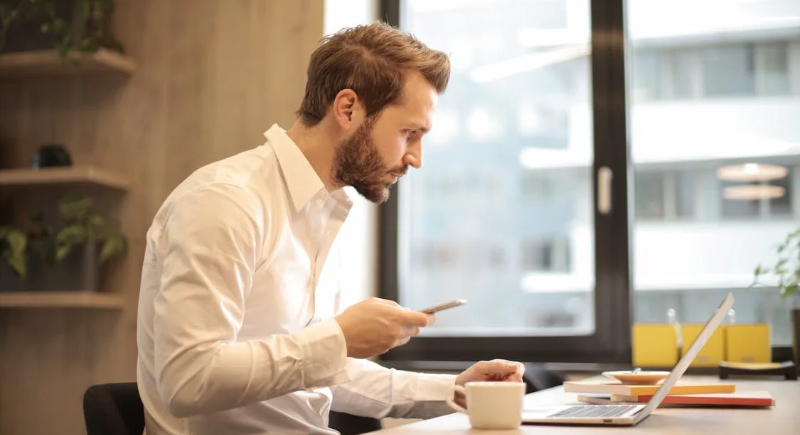
Credit: pexels
Bragging about four hours of sleep has become a strange badge of honor. Hustle culture idolizes exhaustion as a sign of dedication. But chronic sleep loss impairs memory, mood, and health. No matter the coffee's strength, the human body isn’t wired to function on fumes.
Obsessing Over Credit Scores

Credit: pexels
In the U.S., your credit score—often based on whether you borrowed money and paid it back—determines your financial future. That includes where you live and if you qualify for a phone. You can have no debt and still be considered “risky.”
Surveillance as a Given
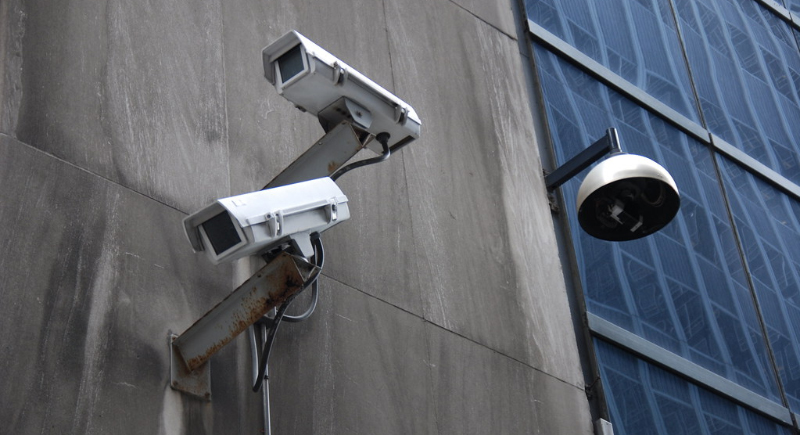
Credit: flickr
Cameras are everywhere—on street corners, buses, stores, and schools. There’s barely a public moment unrecorded, yet most people don’t flinch anymore. While some surveillance protects safety, the sheer level of passive monitoring has crept in without much debate.
Acting Like Healthcare Fundraisers Is Heartwarming

Credit: flickr
Stories of kids selling lemonade to pay a parent’s medical bill are often shared like wholesome news. But they highlight a massive problem: the need for public sympathy or viral fame to afford basic care. The system's failure gets masked as individual resilience.
Having Phones Glued to Our Faces

Credit: Wikimedia Commons
Phones dominate nearly every spare second. While waiting in line, walking, or even in conversation, screens get priority. While smartphones are helpful, this constant stimulation rewires focus and social habits. Not scrolling constantly seems unusual these days, and that shift happened fast.
Filming Kids Without Consent

Credit: flickr
Children’s lives—temper tantrums, milestones, and all—are recorded and shared online before they understand what that means. Some parents build entire social media brands off their kids. Consent isn’t part of the process; once it’s online, it’s out there for good.
Weekend Homework for Kids

Credit: pexels
Two-day weekends barely offer enough time to rest. Add assignments, and there’s little actual downtime for students. This practice cuts into personal time and feeds burnout early on.
Hiring Convicted Politicians

Credit: pexels
Despite a questionable record, candidates can still run for the highest office in the country. While voting rights can be deprived in some states, running for President isn't off the table. That contradiction keeps getting brushed aside like it makes sense.
Award Shows for Millionaires

Credit: Wikimedia Commons
Celebrities dress in designer outfits every year to give each other trophies and thank everyone except the average person funding the industry. This is oddly celebrated as culturally significant. Meanwhile, teachers and nurses rarely get recognition for their daily work, which affects their actual lives.
Guilt-Tripping Night Owls

Credit: Getty Images
People who sleep past 9 a.m. are often seen as lazy, even if they stay productive into the night. The “early bird” myth overlooks natural sleep cycles and differing work rhythms. Alarm clocks don't measure productivity, though many employers still behave as if it is.
Paying to Watch Ads

Credit: pexels
Streaming services introduced ad-free viewing—until they didn’t. Now, users pay for subscriptions and still get ads. On top of that, content is split across platforms, forcing multiple subscriptions just to keep up. Cable vanished, and streaming became a slightly more modern version of it.
Gendered Colors for Babies

Credit: iStockphoto
Pink for girls, blue for boys—those rules seem harmless, but they create limits from birth. Even a baby in a neutral-colored outfit sparks confusion or correction. It’s one of the first messages kids receive about what they’re allowed to like.
Designing Cities Around Cars, Not People

Credit: unsplash
Sidewalks are an afterthought, and crossing the street can resemble a game of chicken with speeding cars. Many American cities prioritize drivers over pedestrians, cyclists, or community life. This car-first design forces people to drive everywhere—even short distances—and leaves those who can’t entirely behind.


